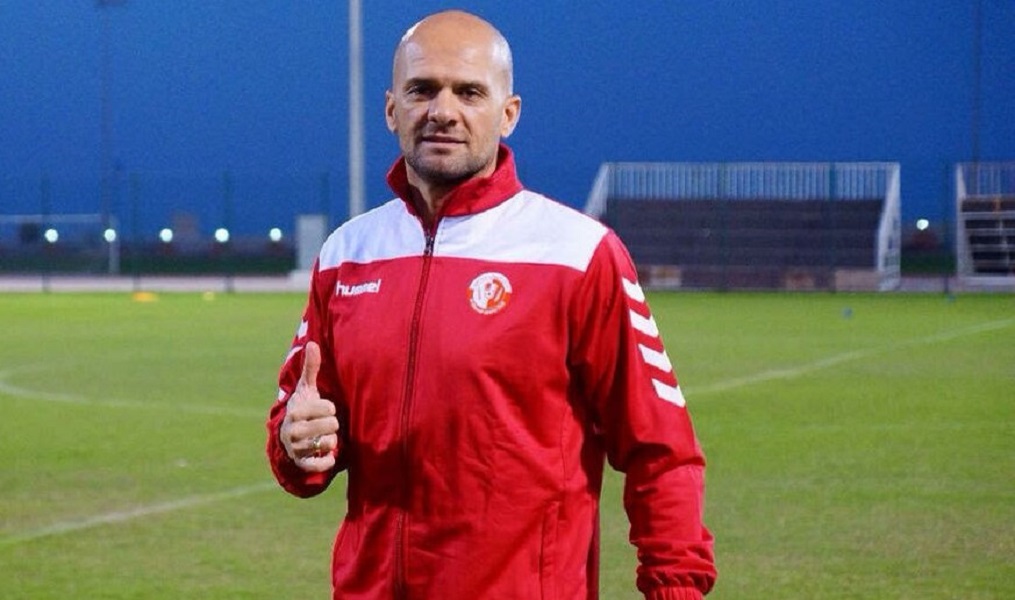World Bank has approved $150 million in International Development Association (IDA) financing to assist the Government of Benin to expand access to reliable and sustainable energy and improve fiscal and debt management.
It is also meant to empower women and girls in the country.
This is the second development policy operation to finance reforms aimed at improving Benin’s potential for strong and inclusive growth, particularly focused on reinforcing women and girls’ active participation in social and economic life.
World Bank disclosed this in a statement made available to newsmen.
Part of the statement reads, “These reforms will help among other things for the Girls to complete their secondary school through life skills education, free access to school in priority areas, the removal of barriers to access sexual and reproductive health services as well as strengthening mechanisms to prevent gender-based violence.
“The program will also support actions to strengthen the resilience of the electricity distribution network, lower expensive connection fees, and introduce new energy efficiency legislation. It will also enable Benin to complete its fiscal policy reform and ensure effective debt management.”
Also, the World Bank’s Operations Manager for Benin, Atou Seck confirmed this in an interview.
He said, “Benin has made significant progress in empowering women and girls through courageous reforms undertaken by the government. These reforms are undoubtedly helping to unleash the potential of millions of women and girls who could not exercise their power to actively participate in social and economic life.
“This financing will enable the country to scale up the reforms necessary for the structural transformation of the economy and the well-being of the population.”
In 2021, Benin adopted important legislative reforms for the empowerment of women and girls. Specifically, the government adopted laws and decrees to promote access to sexual and reproductive health and rights, strengthen the criminalization of gender-based violence, and strengthen the national entity responsible for advocacy, monitoring, and support of gender-related reforms. Gender-based crimes referred to the justice system (as a percentage of the total received) increased from 12.1 per cent in 2020 to 13.7 per cent in 2021.
In the energy sector, reforms have focused on the establishment of an appropriate institutional and regulatory framework to increase private participation in the energy sector, particularly in renewable energy, and the adoption of the National Energy Efficiency Policy.
In his remarks, the Minister of State, Minister of Economy and Finance, Romuald Wadagni said, “The structural reforms underway in the energy sector will significantly increase access to electricity for the Beninese population, particularly in rural areas, by making electricity distribution less expensive and more resilient to climate shocks.
“These reforms are necessary to improve the potential for higher and more inclusive growth, especially since they create the conditions for private investments.
“This operation will help strengthen Benin’s progress towards an upper middle-income economy.”


